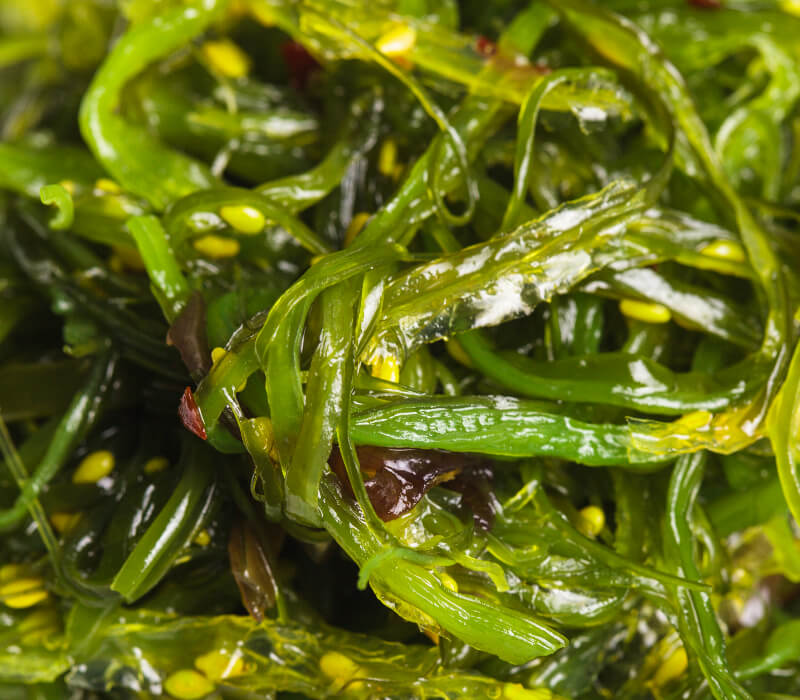Why you need iodine in pregnancy
If your fertility specialist told you to take your pregnancy with a large pinch of salt, you’d probably be quite taken aback. But that’s quite literally what you need to do.
Iodine, which is found in old-fashioned table salt, is essential for healthy brain development. Higher than usual intake of iodine in pregnancy is therefore crucial to ensure you baby gets what he or she needs while in the womb.
What iodine does for your baby’s growth and for you?
During your baby’s development, it’s important that he or she gets enough iodine to support brain and nervous system development, and to regulate his or her metabolism. While iodine is important in every person’s diet to avoid thyroid problems, pregnant women require even greater levels of iodine.
Studies have linked iodine deficiency during pregnancy with stunted growth and adverse neurodevelopment in babies and young children, while too much can harm the mother’s thyroid health. (Iodine intake in pregnancy—even a little excess is too much, Lee S Y and Pearce E N, Nat Rev Endocrinol, May 2015). It’s recommended, therefore, that women who are hoping to become pregnant or are pregnant get 220 micrograms (mcg) of iodine per day, and breastfeeding mums should get as much as 290mcg a day.
How do you get enough iodine in pregnancy?
Getting advice on managing iodine intake in pregnancy
There are a number of useful websites offering advice on using iodine in pregnancy, for example from Food Standards Australia and New Zealand, the WHO, and even state government websites. If you are planning a pregnancy, are pregnant, or you are breastfeeding, make sure you are reading labels.
Speak to your fertility specialist about whether you should be taking iodine supplements during pregnancy. Visit our Perth clinic to find out more about the link between nutrition and a healthy baby, including why iodine is important during pregnancy.
Useful links
Read about other Fertility related problems and other challenges on your fertility journey that I can assist with.
- More on healthy pregnancies: Why your gut flora matters
- The importance of Vit D and Omega 3 during pregnancy
- Are you looking for prenatal vitamin advice? You and your baby need several important vitamins and minerals for your fertility and a healthy pregnancy.

